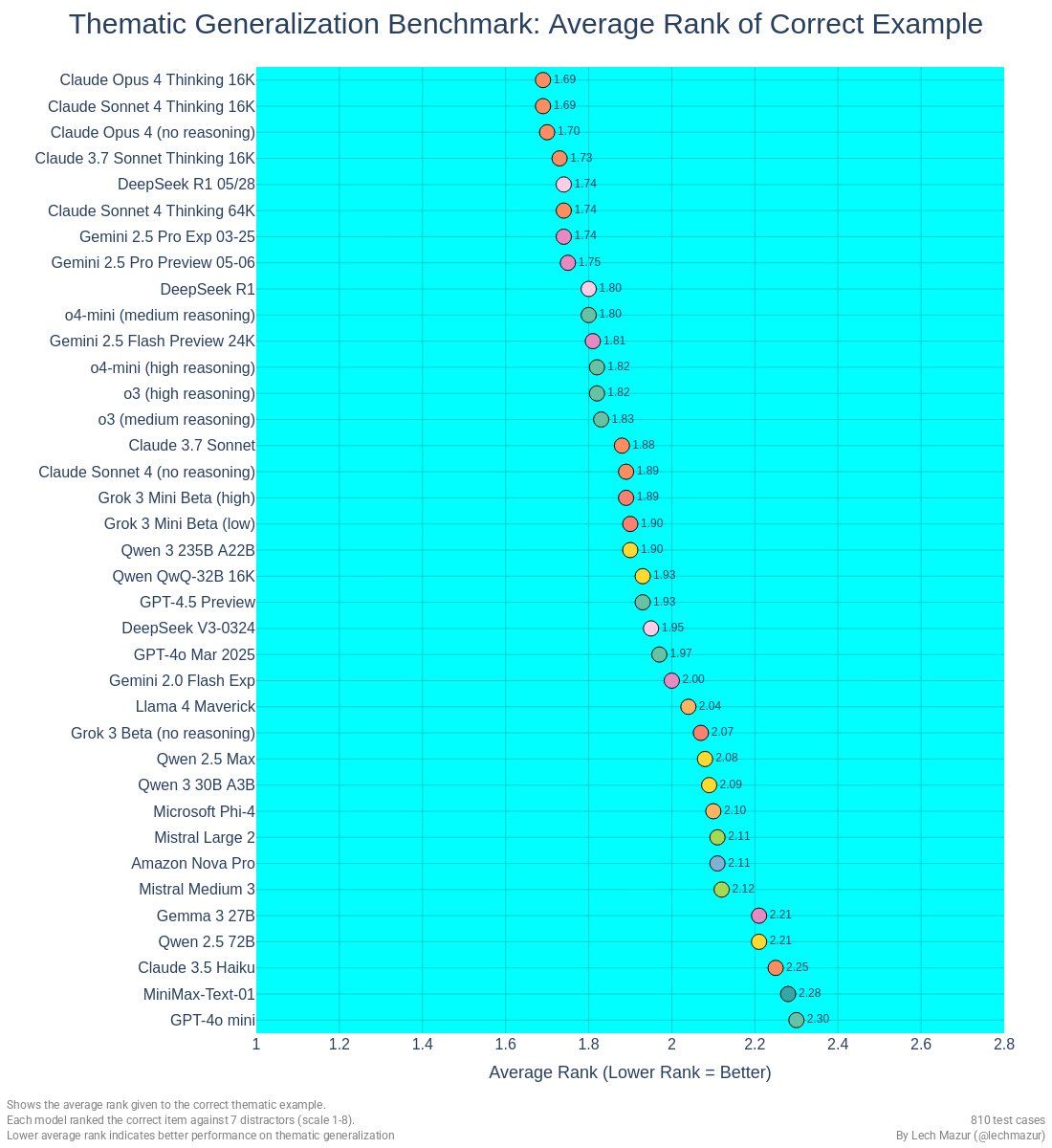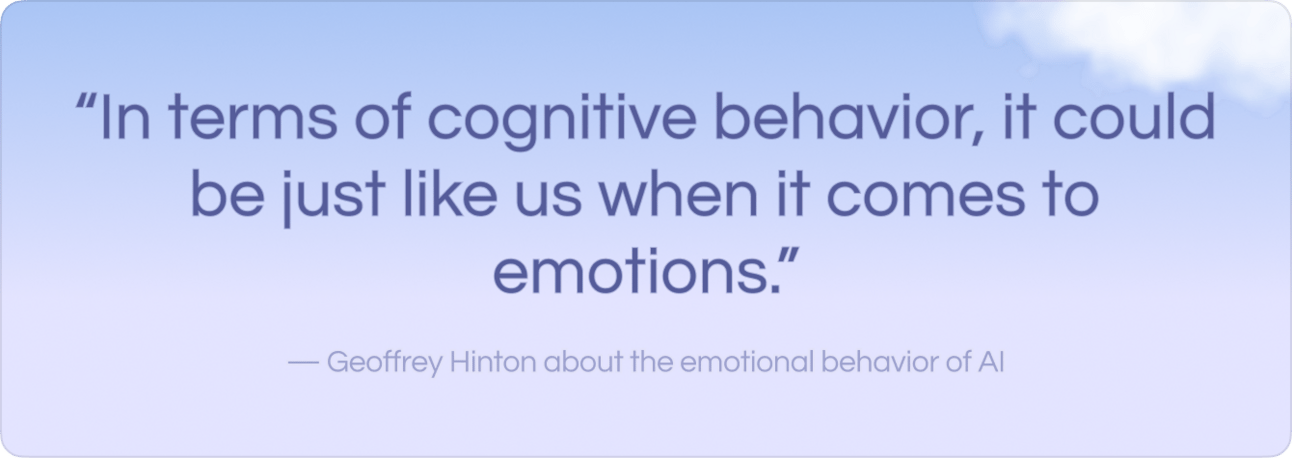Dear Readers,
What a moment: with MedGemma, DeepMind is not just presenting another model - but a real milestone For the first time, we are seeing an open, multimodal AI system built specifically for medical use Diagnosis based on X-ray images, understanding of complex case files, support in therapy decisions - all in a freely available model This is nothing less than a democratic quantum leap for global healthcare
At the same time, we are experiencing how AI is shaking up completely different systems: banks, stock exchanges, credit checks JPMorgan is betting billions on AI-driven efficiency, Klarna & Pagaya are revolutionizing access to credit, and BCG warns that those who don't rethink now will be overrun by agents and automation
A new axis of disruption is emerging between hospitals and the capital market: AI is no longer just a “tool” - it is becoming the infrastructure of thinking, decision-making and evaluation.
In Today’s Issue:
DeepMind’s MedGemma could change diagnostics forever
Ex-White House insider warns: we’re not ready
The Great AI Ignorance Gap – Experts scream, the public shrugs
Opera Neon brings agents into your tabs
And more AI goodness…
All the best,

MedGemma revolutionizes medicine
The TLDR
MedGemma is a multimodal AI model from DeepMind designed for medical applications, capable of interpreting both images and text. With open access and specialized training, it enables more accurate diagnostics and democratizes advanced healthcare tools globally.
MedGemma is a new open-source AI model from Google DeepMind that has been specially developed for medical applications - and it packs a punch. The smaller version (4B) can process both medical images and texts, such as analyzing X-ray images and understanding clinical notes at the same time. The larger version (27B) specializes in medical texts and supports the creation of well-founded diagnoses and treatment plans.
The special feature: MedGemma has been trained based on the Gemma architecture with highly specialized healthcare data, including publicly available image and text datasets. It is available to developers via platforms such as Hugging Face and Google Cloud - with a license that actively promotes its use in research and development.

For the AI community, this means a tool that could democratize medical expertise. Instead of isolated individual solutions, multimodal AI systems can be built to support doctors - whether in the diagnostic process, triage decisions or the analysis of complex patient histories.

Why it matters: MedGemma brings AI-supported diagnostic procedures out of the lab and into the real world. It could improve access to fast, precise and personalized medicine worldwide - especially where medical expertise is lacking.
Sources:
Ad
Your Voice AI Guidebook is Here
Thinking about Voice AI for your contact center? Discover how leading contact centers are making smarter Voice AI decisions.
This guide walks you through the key trade-offs between vendors and model types, shows how to reduce latency and cut inference costs, and outlines how to deploy a fully optimized solution in just weeks—not months.
Whether you're building or buying, get the clarity you need to move fast and scale with confidence.
The Government Knows AGI is Coming
The Government Knows AGI is Coming
Artificial general intelligence (AGI) — systems that can outperform humans at nearly any cognitive task — may arrive within just a few years, according to insiders from top A.I. labs and government circles. Ben Buchanan, former top A.I. adviser in the Biden White House, warns that the U.S. is unprepared for the scale and speed of what’s coming. As AGI advances during Trump’s new term, Buchanan urges urgent national planning to manage the risks and disruptions. His perspective, shaped outside of corporate labs and from deep inside policy, raises alarm bells about the gap between A.I.’s trajectory and political readiness.

Opera adds AI agents to their browser
Opera Neon is a next-gen browser built for the agentic web, where AI can actively assist users in real time. It can browse alongside you, take autonomous actions, and help streamline tasks directly within your browser. Designed as a testing ground for new ideas, Neon reimagines what browsing can look like in the age of AI agents.

A heated debate about whether AI will change our working world
Top scientists and CEOs are sounding the alarm: AGI could cure all diseases, trigger mass unemployment, and replace blue-collar jobs—soon. Yet despite urgent warnings from leaders like Dario Amodei, Demis Hassabis, and even Barack Obama, the public remains largely indifferent. The disconnect between expert urgency and public apathy may be the greatest risk of all.
Graph of the Day
It is becoming increasingly clear that DeepSeek r1 0528-update offers significant improvements over the old model. Users are impressed - and this gives a foretaste of the upcoming r2.

JPMorgan: AI is transforming the banking business
JPMorgan Chase is investing around USD 18 billion in technology in 2025, with AI as a key lever. Over 200,000 employees use an internal generative AI platform. In areas such as fraud detection, wealth management and client service, AI significantly increases efficiency - e.g. by reducing service costs by 30 % and tripling advisor productivity. This development signals a new phase of AI-driven process automation in the financial sector.
Pagaya & Klarna: AI revolutionizes the consumer credit market
The AI-supported fintech Pagaya is issuing bonds based on “Buy Now, Pay Later” loans (BNPL) for the first time in collaboration with Klarna. The volume amounts to USD 300 million. Pagaya's AI analyzes credit risks in real time and thus enables the granting of “second-look” loans to customers with low credit ratings. This innovation could redefine the consumer credit market and challenge traditional credit models.
Banking paradigm shift: BCG warns of AI disruption
Only 25% of banks are strategically prepared for the AI era, while autonomous, agentic AI systems are already revolutionizing credit approvals, fraud detection and compliance monitoring. BCG predicts a fundamental shift in business models: traditional barriers such as customer inertia and non-transparent pricing will be eroded by AI. Banks must realign their strategy, technology and governance or lose market share to digital-native competitors. This structural disruption requires immediate C-level decisions to invest in AI infrastructure and data orchestration - hesitation means irreversible competitive disadvantage.









